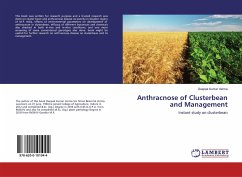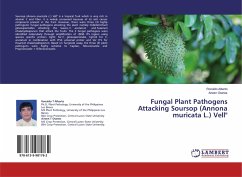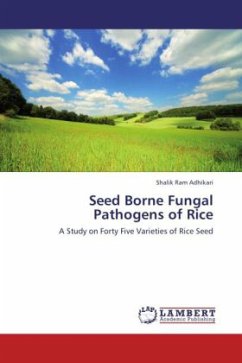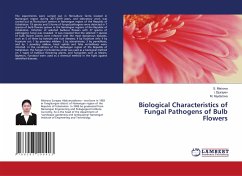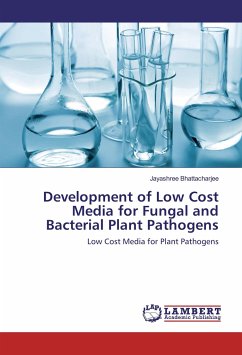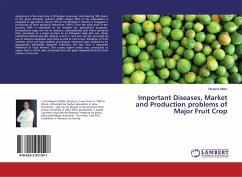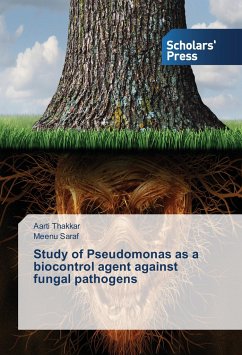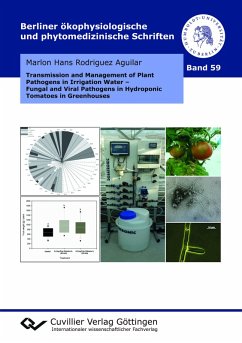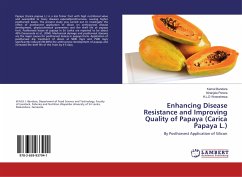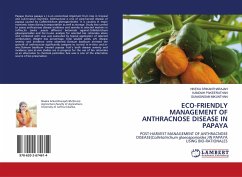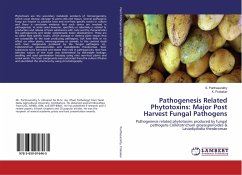
Pathogenesis Related Phytotoxins: Major Post Harvest Fungal Pathogens
Pathogenesis related phytotoxins produced by fungal pathogens Colletotrichum gloeosporioides & Lasiodiplodia theobromae
Versandkostenfrei!
Versandfertig in 6-10 Tagen
33,99 €
inkl. MwSt.

PAYBACK Punkte
17 °P sammeln!
Phytotoxins are the secondary metabolic products of microorganisms, which cause obvious damage to plant cells and tissues. Several pathogenic fungi are known to produce host and non-host specific toxins in culture and there is conclusive evidence that such toxins are involved in pathogenesis. In some cases however, specificity or selectivity is related to production and release of toxic substances with note worthy characteristics like pathogenicity and similar symptomatic lesion development. These are so called host specific toxins, which damage or destroy plant tissues that are susceptible to...
Phytotoxins are the secondary metabolic products of microorganisms, which cause obvious damage to plant cells and tissues. Several pathogenic fungi are known to produce host and non-host specific toxins in culture and there is conclusive evidence that such toxins are involved in pathogenesis. In some cases however, specificity or selectivity is related to production and release of toxic substances with note worthy characteristics like pathogenicity and similar symptomatic lesion development. These are so called host specific toxins, which damage or destroy plant tissues that are susceptible to the toxin producing pathogens, but have little or no effect on other plants, microorganisms or animals. In this content deals with toxic compounds produced by the fungal pathogens viz., Colletotrichum gloeosporioides and Lasiodiplodia theobromae. Toxic substances were extracted and tested their role in pathogenicity. Non-host selective nature of the toxin was determined by electrolyte leakage, seedling and seed germination bioassay using nine non-host plants and cereal seeds. The toxic compounds were extracted from the culture filtrates and elucidated the structures by using chromatography



